Precision Insulation Installation for Optimal Thermal Performance
Insulation installation services encompass a variety of methods designed to improve energy efficiency and comfort in buildings. These include spray foam insulation, blown-in insulation, batt and rolled insulation, and reflective insulation. Spray foam offers high R-value and air sealing capabilities, while blown-in insulation is suitable for filling irregular spaces. Batt and rolled insulation are common for walls and attics, providing straightforward installation. Reflective insulation helps reduce heat transfer through radiation. Proper installation ensures optimal performance, energy savings, and enhanced indoor comfort. Professional insulation services follow precise techniques to maximize effectiveness and prevent issues like gaps or compression. These services are adaptable for residential and commercial properties, addressing diverse insulation needs efficiently.
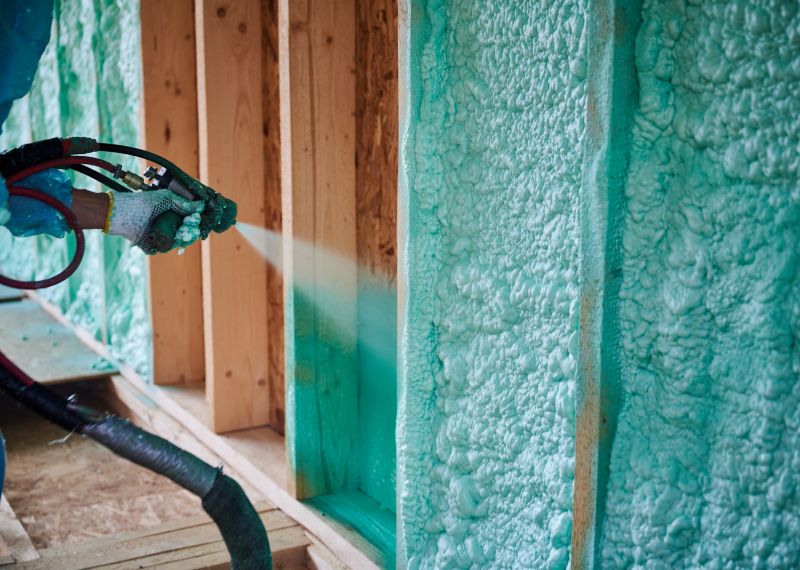
Spray foam insulation provides a seamless, air-tight barrier for walls and ceilings.
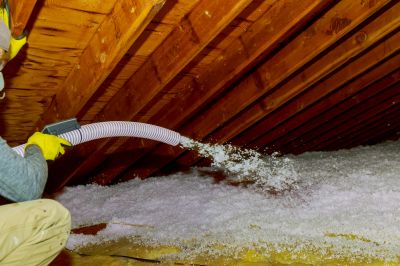
Blown-in insulation is ideal for filling attic spaces and irregular gaps.
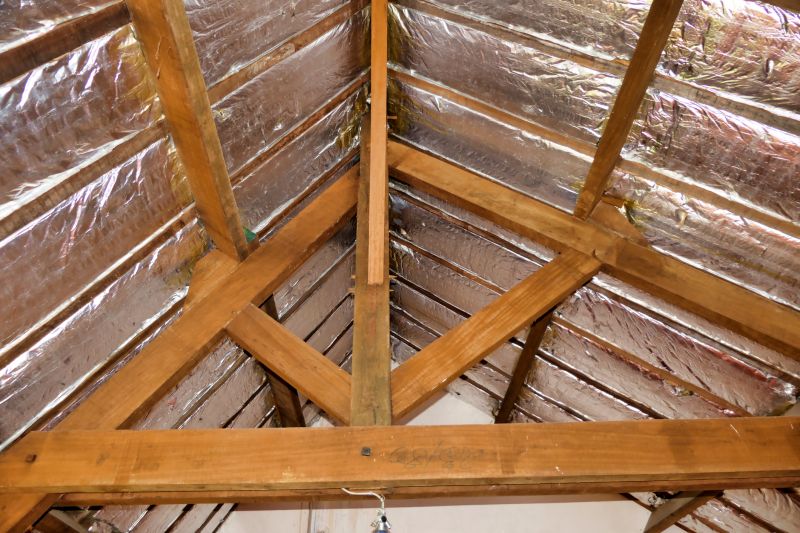
Reflective insulation reduces heat transfer through radiant barriers.
| Benefit | Description |
|---|---|
| Energy Efficiency | Reduces energy consumption by maintaining consistent indoor temperatures. |
| Cost Savings | Lower utility bills due to improved insulation performance. |
| Comfort | Enhances indoor comfort by minimizing drafts and temperature fluctuations. |
| Soundproofing | Reduces noise transmission between rooms and from outside. |
| Property Value | Increases the value of the property through upgraded insulation. |
| Air Quality | Helps control indoor air quality by reducing drafts and air leaks. |
| Durability | Provides long-lasting performance when installed correctly. |
| Environmental Control | Supports consistent indoor humidity levels. |
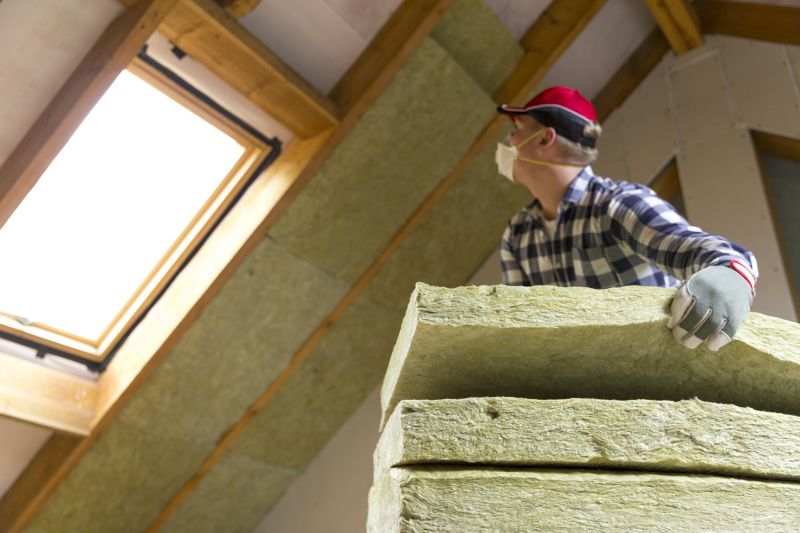
Fiberglass batts are a common choice for wall and attic insulation.
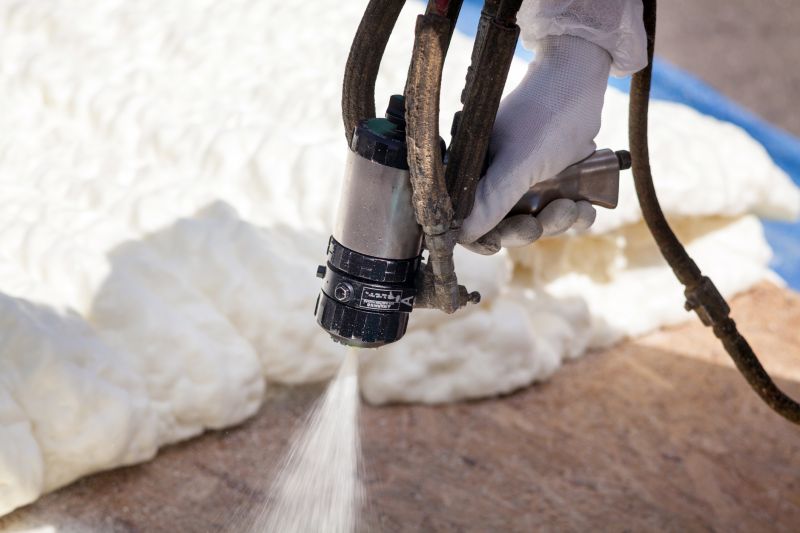
Spray foam offers high R-value and air sealing in one application.
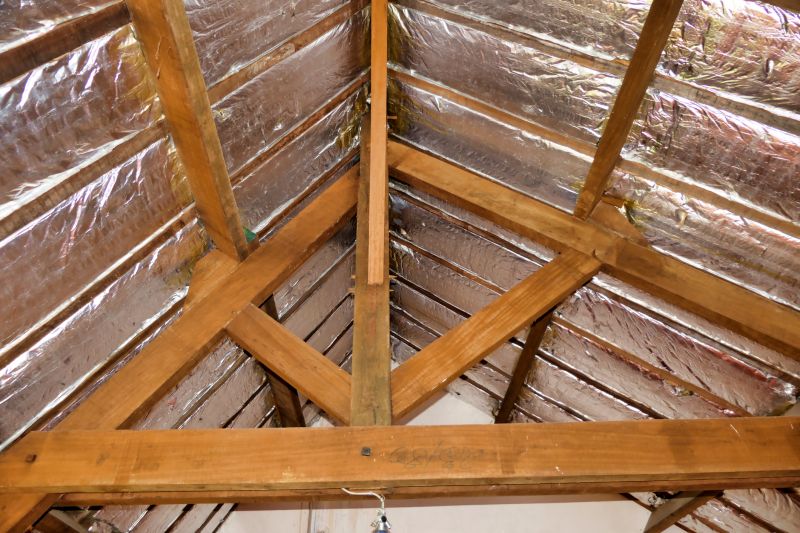
Reflective foil insulation is effective in hot climates for radiant heat control.
The process of insulation installation begins with an assessment of the building’s structure and insulation needs. Professionals prepare the area by sealing any gaps or leaks to ensure maximum efficiency. Depending on the chosen insulation type, installation methods vary: spray foam is applied directly to surfaces, blown-in insulation is pneumatically installed into attics or cavities, and batts are fitted between studs or joists. Reflective insulation is installed as barriers to reflect radiant heat. Proper handling and installation techniques are critical to prevent compression or gaps that could reduce effectiveness. After installation, areas are inspected to confirm coverage and sealing. The process aims to optimize thermal performance, energy savings, and indoor comfort, adhering to safety and quality standards throughout.
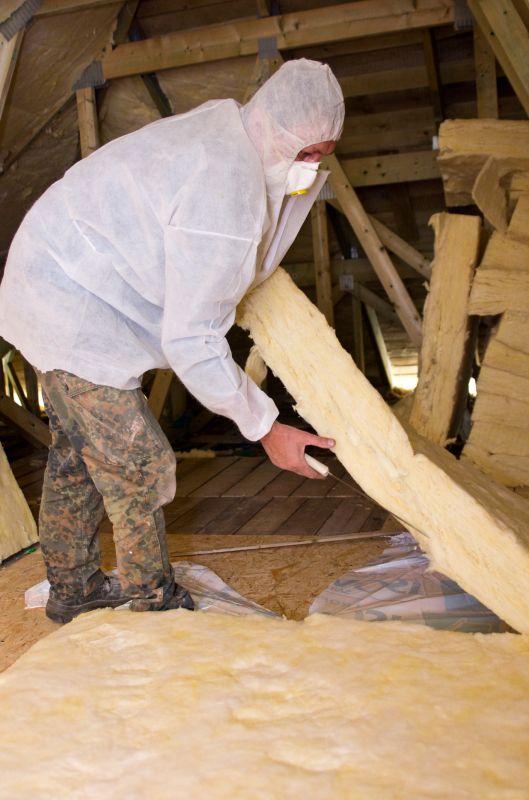
Attic insulation is installed to prevent heat transfer and improve energy efficiency.
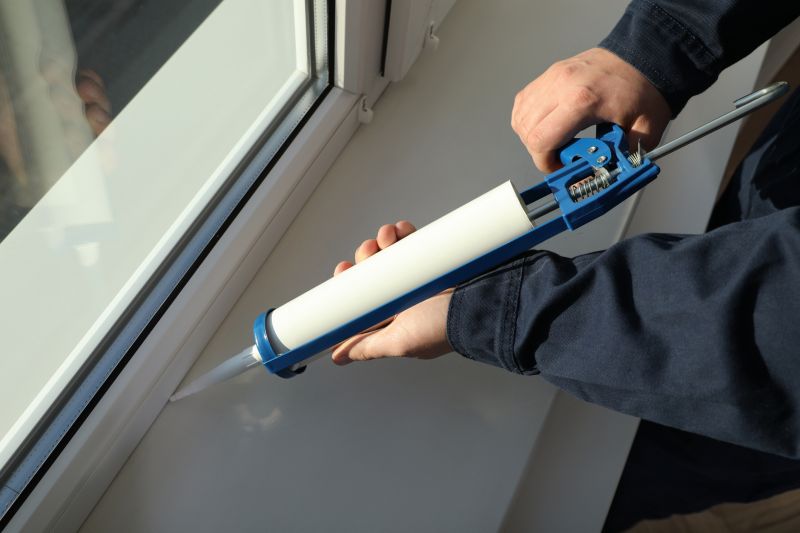
Sealing gaps ensures insulation performs effectively and prevents air leaks.
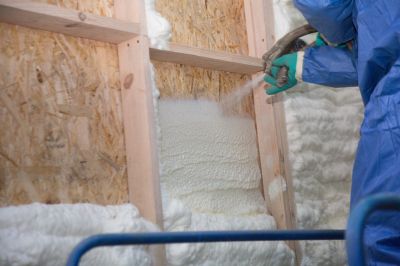
Insulation is installed within wall cavities to enhance thermal resistance.
Hiring a professional for insulation installation ensures the work is performed correctly and safely. Experienced installers understand the nuances of different insulation materials and application techniques, reducing the risk of errors such as uneven coverage or compression. Professionals can assess the building’s specific requirements and recommend the most effective solutions. Proper installation by trained personnel also minimizes issues like moisture buildup, mold, or air leaks that could compromise insulation performance. Additionally, professional installers have the right equipment and safety protocols to handle insulation materials efficiently. This expertise can lead to better energy savings, increased comfort, and longer-lasting results, making professional installation a worthwhile investment.
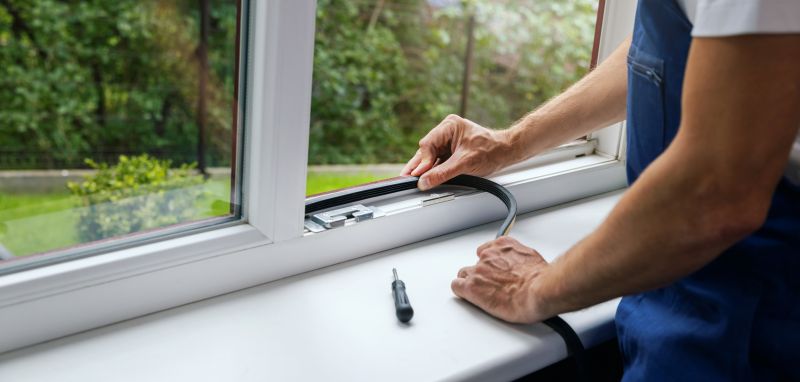
Experienced installers ensure proper application and sealing for optimal performance.
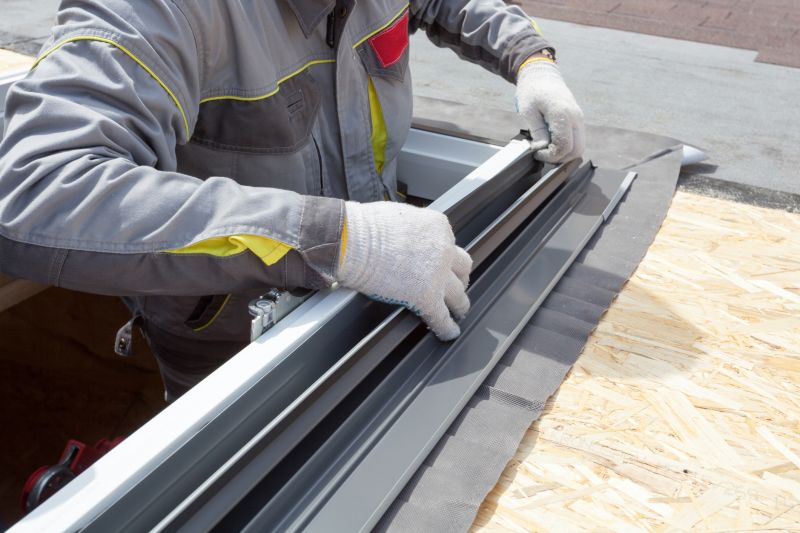
Professionals inspect completed work to confirm coverage and quality.
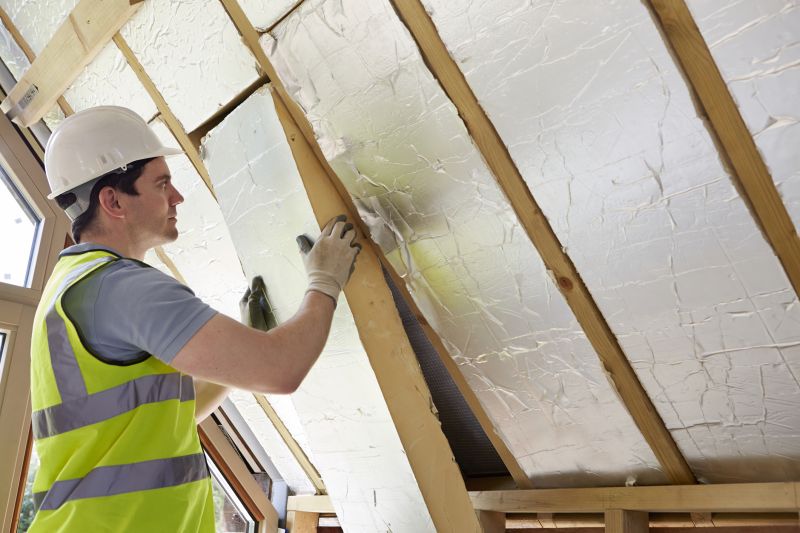
Proper safety protocols are followed during insulation installation.
Choosing a professional insulation installer provides confidence in the quality and durability of the work. Skilled installers follow industry best practices, ensuring the insulation performs as intended. They can identify and address potential issues during installation, preventing future problems. Professional installation also adheres to safety standards, protecting both workers and property. The result is a seamless, effective insulation layer that enhances energy efficiency and indoor comfort. Properly installed insulation can contribute to consistent indoor temperatures and reduced energy costs over time, making it a valuable investment for any property.
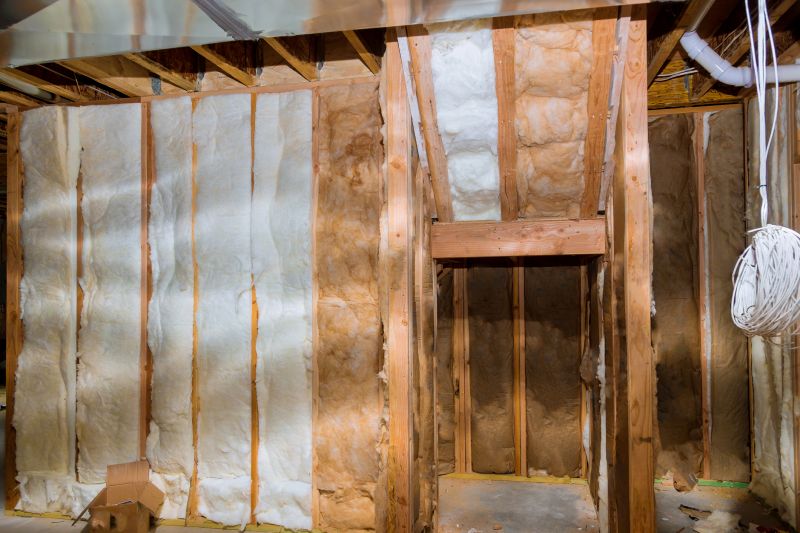
Proper basement insulation helps prevent heat loss and moisture issues.
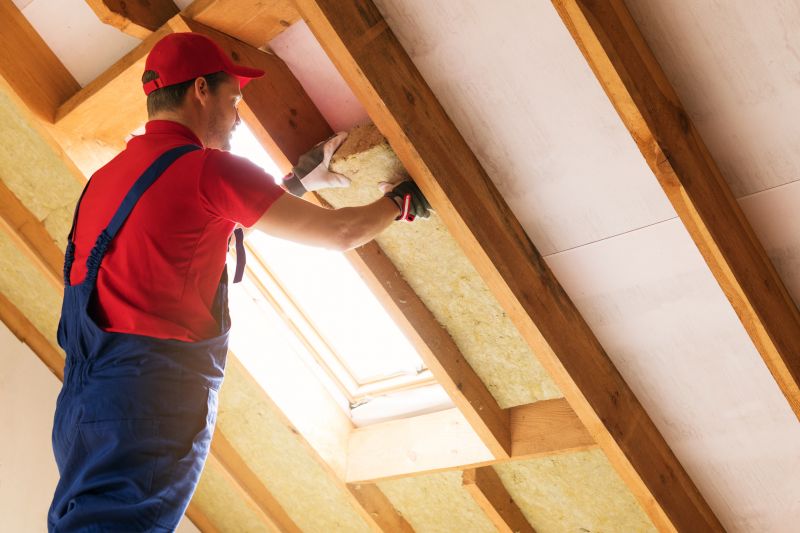
Attic insulation improves overall home energy efficiency.
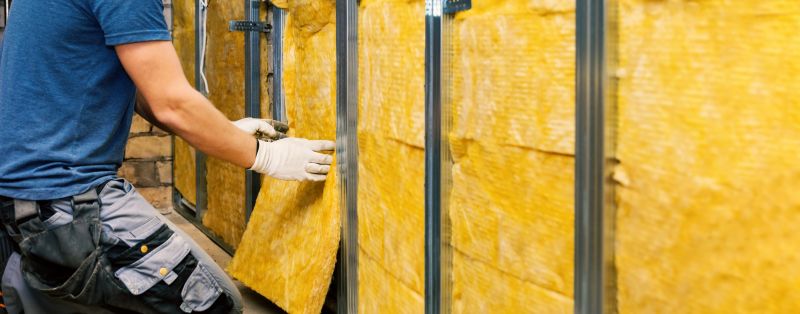
Wall insulation enhances thermal resistance and reduces drafts.
Effective insulation installation is essential for maximizing energy savings and indoor comfort. Professional installers bring expertise in selecting the right materials and techniques suited to each building’s structure. Their experience ensures that insulation is installed without gaps, compression, or voids that can diminish performance. Proper sealing and coverage prevent air leaks and moisture issues, contributing to healthier indoor environments. Investing in professional services can also reduce the likelihood of future repairs or modifications, as the work is completed to high standards. Ultimately, professional insulation installation supports efficient energy use, consistent indoor temperatures, and long-term durability.
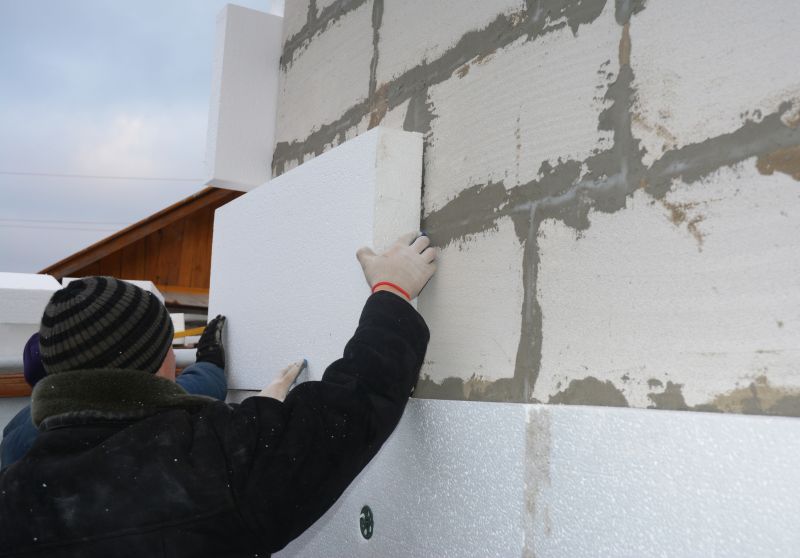
Wall insulation improves thermal resistance and energy efficiency.
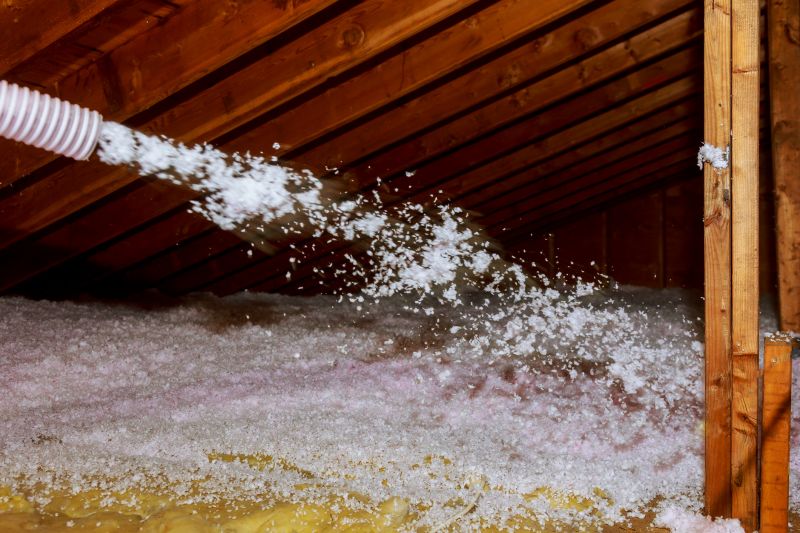
Attic insulation installation involves sealing and filling spaces for optimal performance.
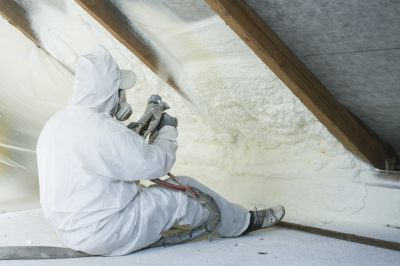
Proper sealing around attic access points prevents air leaks.
Proper insulation installation is crucial for achieving the desired energy efficiency and comfort. Skilled professionals ensure precise application tailored to the specific needs of each space. They utilize appropriate tools and techniques to avoid common issues such as gaps, compression, or improper sealing. This meticulous approach guarantees that the insulation performs at its highest potential, providing long-lasting benefits. Additionally, professional installers adhere to safety standards and handle materials responsibly. Their expertise ensures that insulation is installed efficiently, reducing energy costs and maintaining consistent indoor temperatures over time.
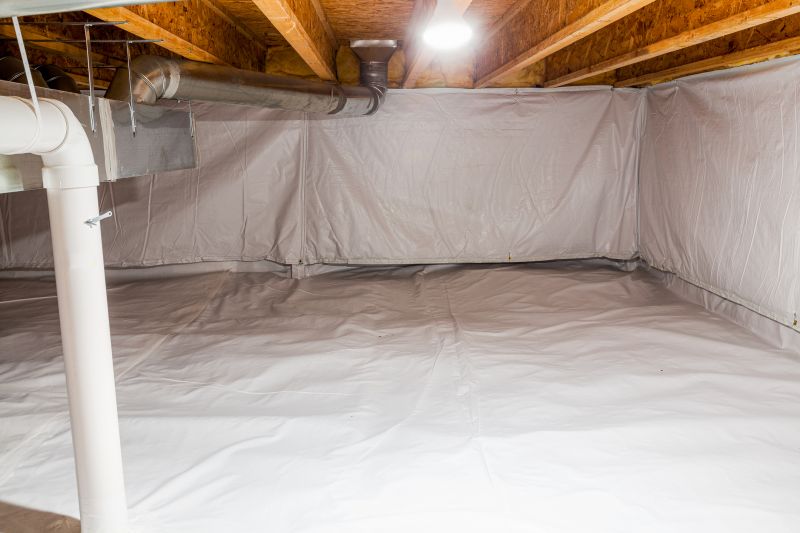
Proper insulation in crawl spaces prevents heat loss and moisture problems.
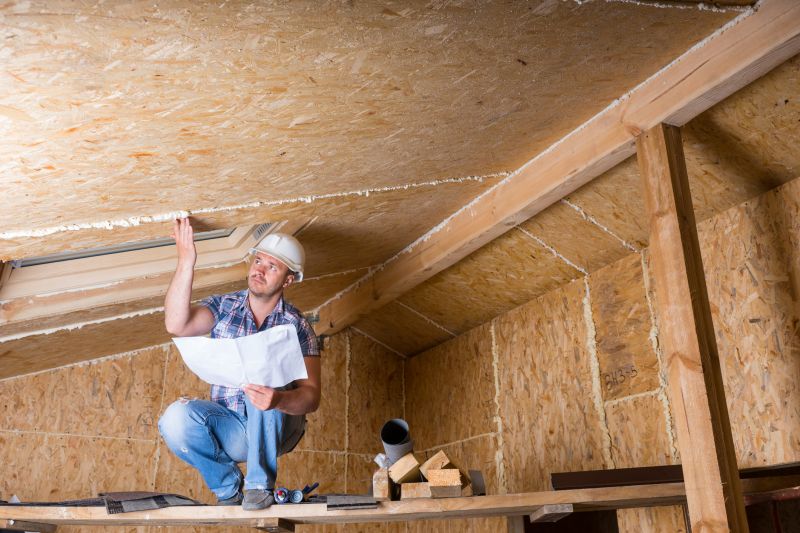
Sealing and insulating attic spaces improve overall building efficiency.
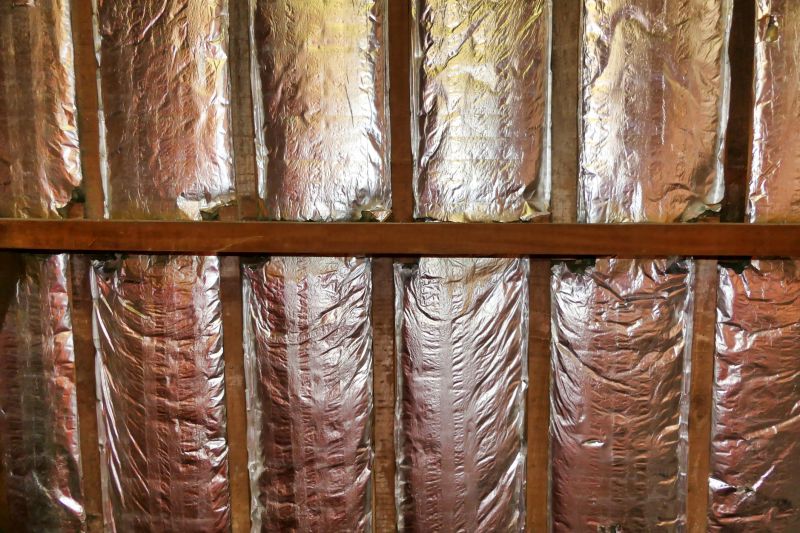
Wall insulation enhances thermal resistance and reduces drafts.
Interested in enhancing your property's energy efficiency and comfort? Fill out the contact form today to receive a detailed quote for insulation installation services and start enjoying the benefits of professional insulation work.
